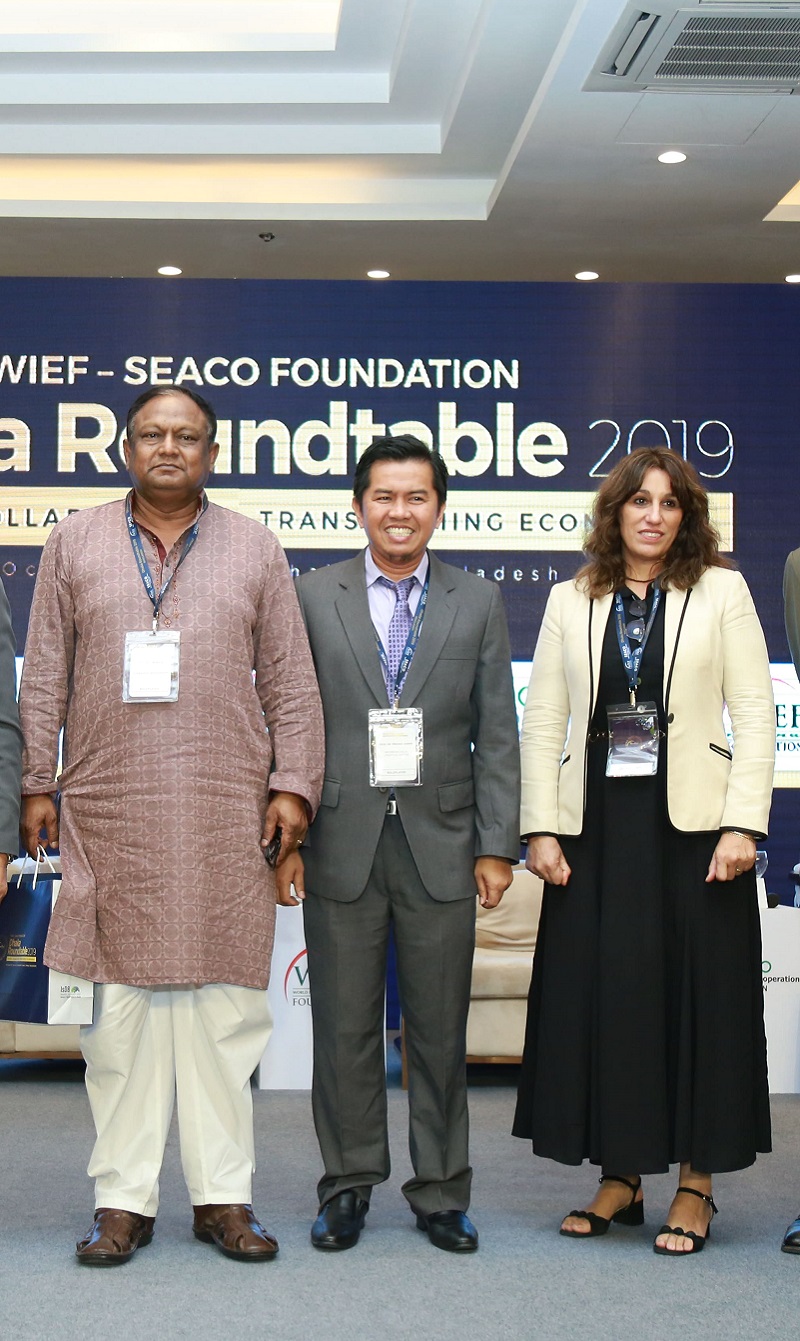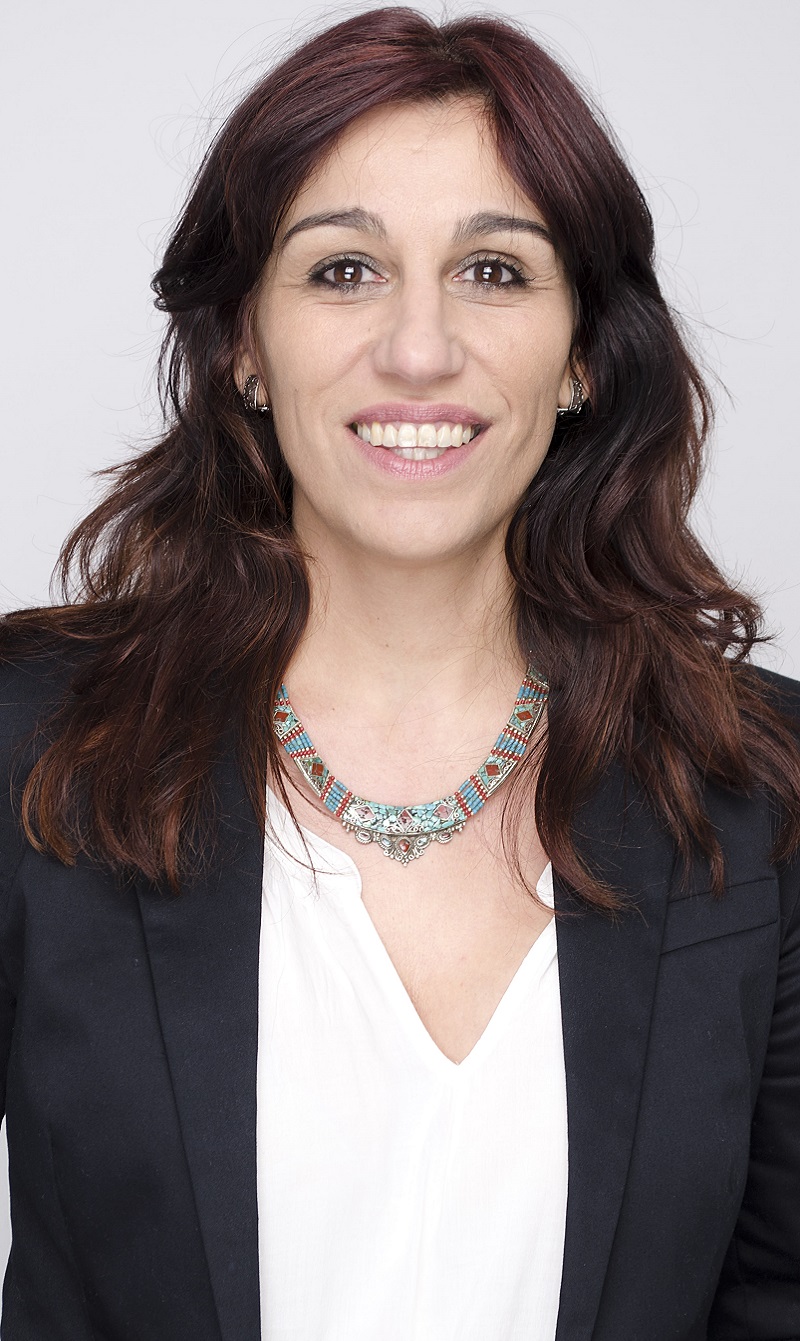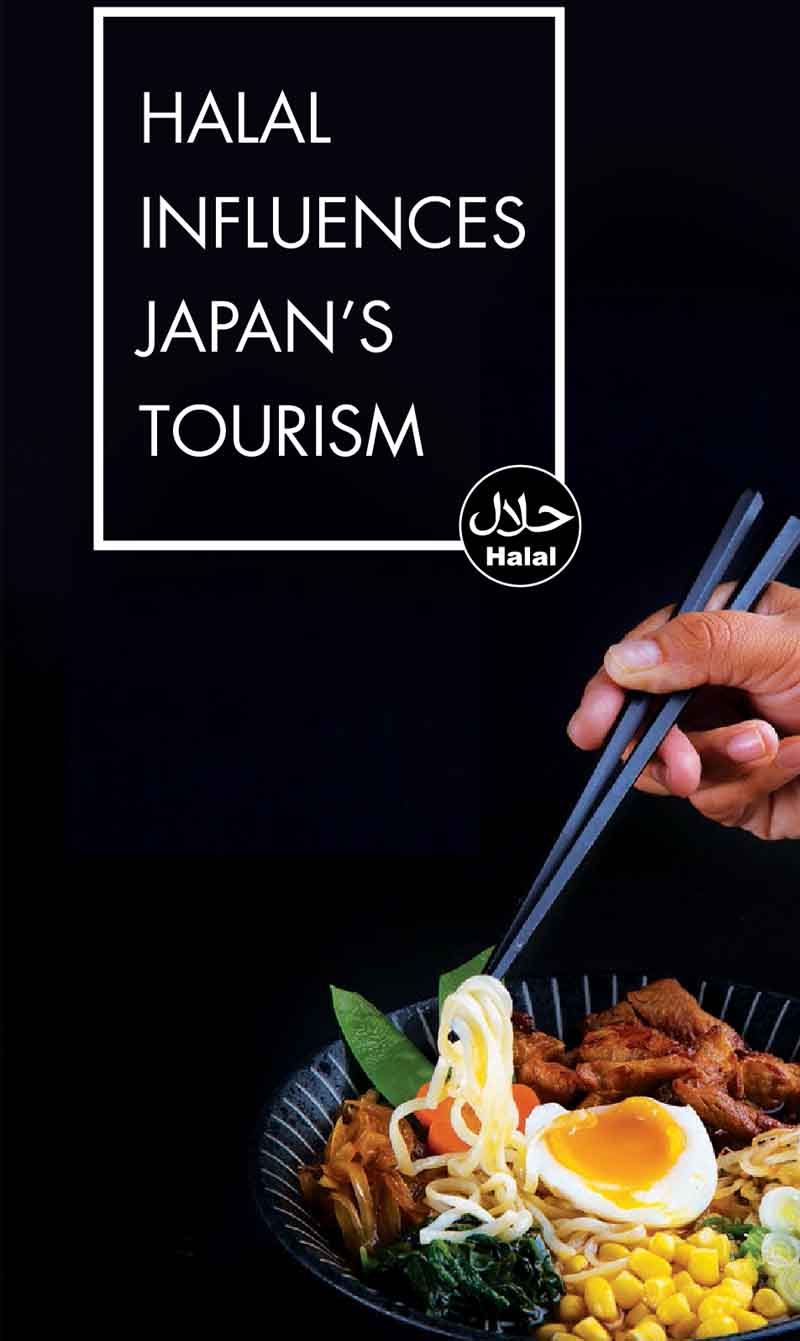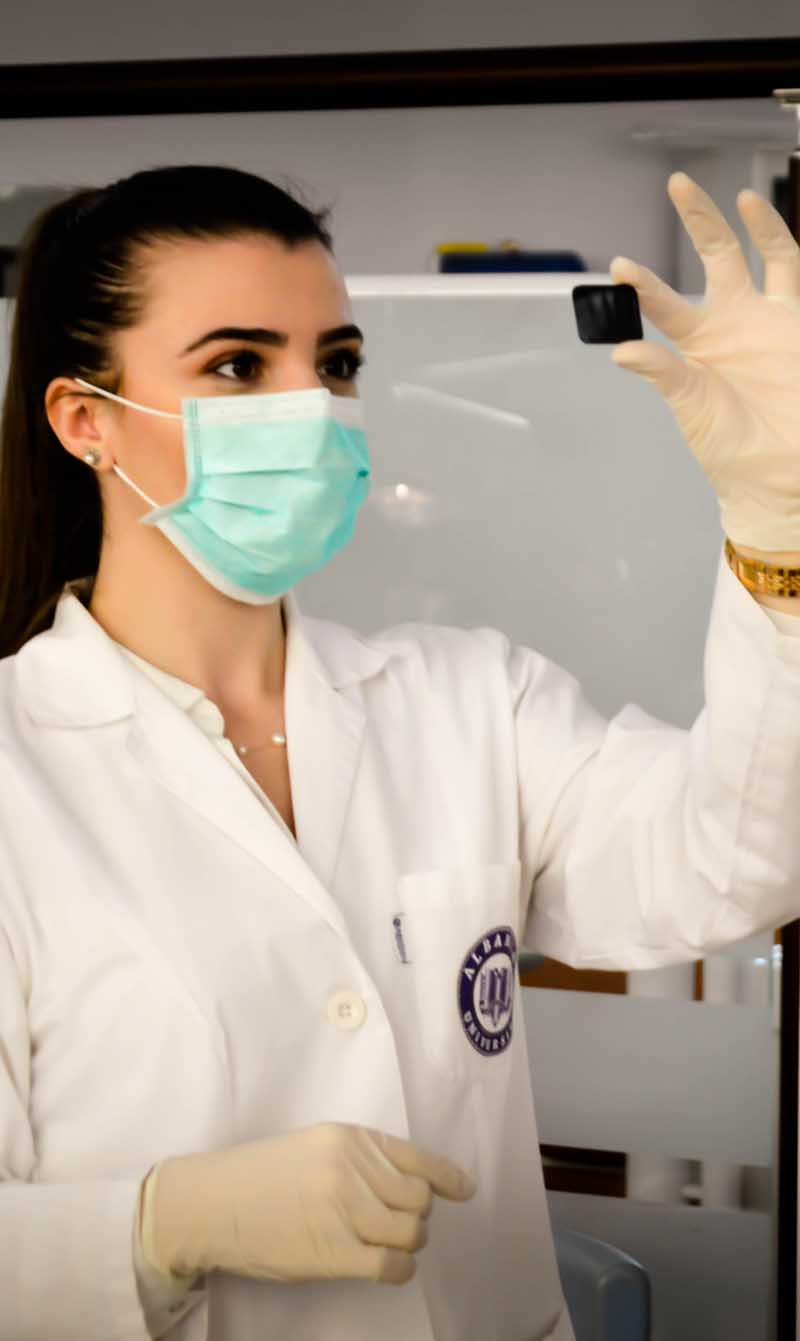Capitalising on Islamic trade
Gangwon province governor believed that despite geographical differences between Gangwon and most of the Islamic world, business partnerships between his province and other nations could build bridges towards peace and prosperity.
During the WIEF Roundtable in 2014, the Gangwon province and the city of Pyeongchang received a brief introduction from Moon-Soon Choi, governor of Gangwon province of South Korea. Choi believed that despite the geographical differences between Gangwon and most of the Islamic world business partnerships between his province and other nations could build bridges towards peace and prosperity.
‘Our province is a major producer of eco-friendly agricultural products in Korea,’ he said, adding that potatoes and lilies were the country’s major products in this sector. Gangwon also had a great deal to offer in terms of the halal industry and tourism, with strengths including healthcare (such as medical devices and anti-ageing) and waste-disposal industry.
After the Korean War, Korea was one of the poorest countries in the world. However, within a short period of time, the country managed to industrialise rapidly, expanding its GDP by an average of eight per cent a year from a mere USD2.7 billion in 1962 to USD230 billion in 1989, and subsequently breaking the trillion-dollar mark in 2007.
WIEF Foundation chairman Tun Musa Hitam presented a rousing argument in favour of Korea’s potential in Islamic finance and trade: ‘After the Korean War, Korea was one of the poorest countries in the world. However, within a short period of time, the country managed to industrialise rapidly, expanding its GDP by an average of eight per cent a year from a mere USD2.7 billion in 1962 to USD230 billion in 1989, and subsequently breaking the trillion-dollar mark in 2007.
‘The Koreans used their own strength to turn the country into a powerful democracy and one of the greatest economic powerhouses the world has ever known. Their success all boils down to the people’s determination,’ he added.
Musa believed that the Koreans’ hard work and sacrifices, stemming from a clear vision of the future, have enabled them to turn their ambitions into tangible reality.
‘True to their nature of having an open mind, the Koreans are now exploring the huge opportunities found in developing linkages with the Muslim world. They know it is impossible to ignore the tremendous growth of Islamic finance, valued at USD1.6 trillion [annually], and the burgeoning halal industry, valued at USD2.3 trillion [annually],’ he said.
Korea does not intend to cater only to its own Muslim population but also to the ever increasing number of Muslim tourists and businesses that enter the country every year, as well as the huge potential for related trade and investments.
‘Korea, due to its solid financial infrastructure and strong agri-food industry, is poised to become a strong player in Islamic finance and the halal industry,’ Musa said.
Woong-Seob Zhin, governor of Korea’s financial supervisory service, elaborated on the opportunities in Islamic finance, saying it ‘has been growing at a robust pace of about 20 per cent a year. It is also said that sukuk issuances worldwide surpassed USD120 billion [2013 estimate]. We also see the growth of the sukuk market spreading from the Middle East and Southeast Asia to the US and EU.’
Zhin spoke on the virtues of Islamic finance, including its potential to contribute to the greater balance between finance and economic activities as well as its focus on the collective wellbeing of the masses, which is why Islamic finance was considered a viable alternative to safeguarding financial stability in the wake of the financial crisis.
Citing the active presence of Korean companies in the Middle East, Zhin recommended that these companies should diversify their capital formation and investment portfolios through Islamic finance (and also dilute their portfolio concentration in the US and Europe) in order to take advantage of the abundance of petrodollars in the region.
Essa Al Ghurair, board member of the Dubai Chamber of Commerce & Industry, welcomed the expansion of Islamic finance in countries such as Korea and credited leadership as one of the important factors of its success.
‘Korea has prospered because of people like your leaders,’ he said, expressing his hope that such leadership qualities would inspire the development of a more comprehensive and sustainable way for Islamic finance to go forward.
H.E. Sanad Al Meqbali, chairman of the Emirates Entrepreneurs Association in the United Arab Emirates, applauded the holding of this Roundtable as an important platform to initiate more meaningful collaborations between Korea and the Muslim world.
He expressed his appreciation for business leaders around for the world for acting swiftly in finding new processes, markets and innovations, despite the current economic pressure and uncertainty. H.E. Sanad concluded by urging for deeper cross-border cooperation as we definitely have much to learn from each other.
___________________
This report is based on a WIEF Roundtable in 2014.





